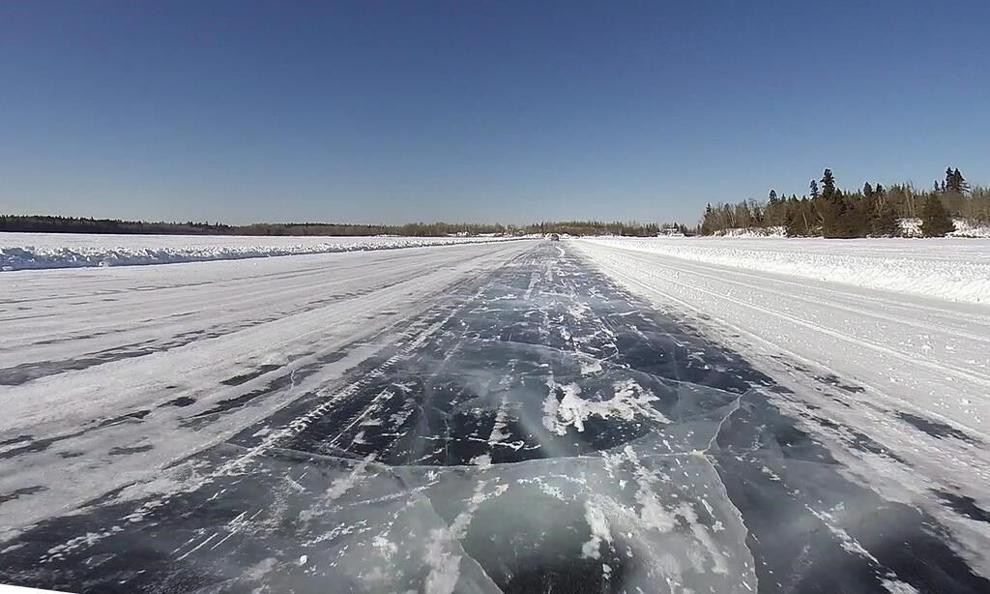
The warmest winter on record in Canada has spelled widespread issues for First Nations in northern Ontario connected to a network of winter roads built over frozen land, rivers and lakes. A winter road which crosses Shoal Lake to Shoal Lake 40 First Nation is photographed on Wednesday, Feb. 25, 2015. THE CANADIAN PRESS/John Woods
This winter saw the shortest ice road season ever recorded for the Temagami First Nation, lasting only 11 days. This posed challenges for the community of approximately 250 people, including delayed projects and limited access to essentials due to global warming.
The community faces uncertainties regarding transportation and adaptation. The Nishnawbe Aski Nation declared a state of emergency due to ice road conditions. The reliance on winter roads for essential supplies highlights the vulnerability of remote First Nations. Chief Russell Wesley of Cat Lake First Nation emphasized the dangers of traveling on winter roads exacerbated by climate change. The warming climate in Canada, attributed to factors like El Niño and human-induced climate change, is affecting ice conditions and transportation access for northern communities. Temagami First Nation, accessible by barge in summer, faces disruptions in essential services during winter.
While the community avoids major infrastructure delays, setbacks like the delay in housing projects occur due to the shorter ice road season. The reliance on snowmobile shuttles poses challenges, especially for elders and those with medical needs. As the ice thins, residents face an extended period of isolation until boats can safely navigate the waterways. The community prepares for such uncertainties by stocking up on supplies and exploring long-term solutions like additional airboats or icebreakers. Adaptation to changing climate conditions is crucial for ensuring the community's well-being amidst transportation challenges.















